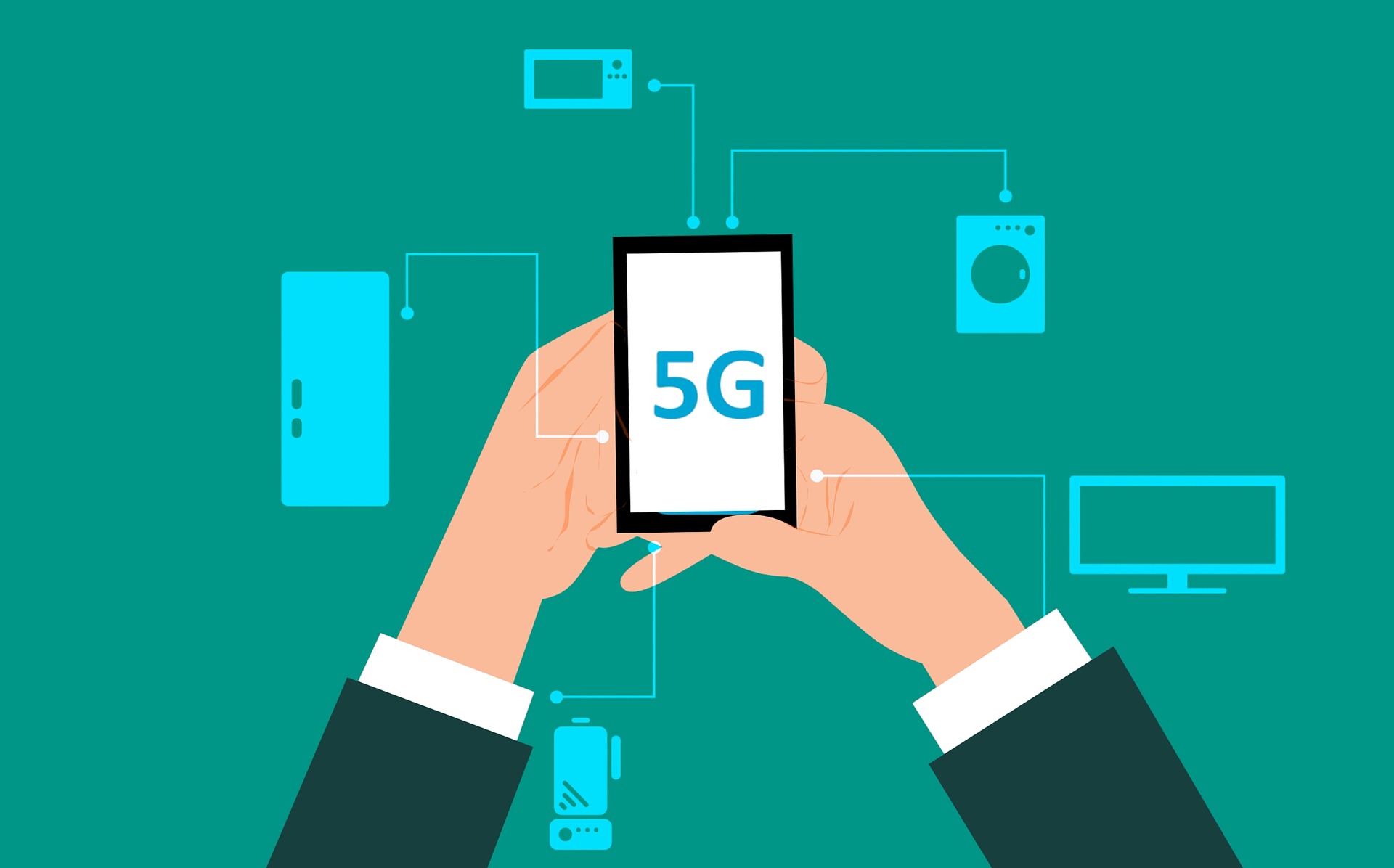Slow Website Load Time Negatively Affects Business Branding, Sales & Revenue
With the upcoming arrival of 5G in major cities, there is almost no excuse for having a slow website. Internet connections as well as mobile devices just keep getting faster and the market expectations for them result in shorter patience among users. Regardless of website speeds, consumers expect faster response because they bought a fancy new phone and faster bandwidth. It is almost 2020 so companies can no longer afford to have slow websites.
So what happens when a company has a slow website?
A bad reputation is only the beginning.
Let’s say you’re in a checkout counter in a grocery or convenience store and at the end of a very long line. You’d wish the cashier would move faster or get more cashiers and registers. You’re not just thinking of yourself so you could get home faster. You’re thinking that the store could get more revenue if the line would just move faster. Then here’s the clincher—you saw a guy come in, he saw the line and then went out again. That guy would have been a sale. That guy even told someone else not to bother. You wouldn’t want this slow experience again so next time you’d go to the newly-opened store just a block away. A store with more choices to choose from and several checkout counters.
The same goes for a slow website. There are so many options out in the web so why stick with the slow one that eats up your most valuable commodity—time? Unlike physical stores, website customers don’t need to drive or walk to better ones just to get better and faster service. It takes a few minutes for people that lost their patience to Google for a similar website.
Nowadays, especially for online stores, slow website load time is a serious concern for online buyers. Because there’s a real concern that the transaction fails to push through especially once the customer has already made the payment. Anything can happen. One bad thing is that the transaction times out, the payment gets credited but no product. What’s worse is that in your impatience, the transaction pushes through, but you’ve pressed the “pay” button more than once. You end up getting credited twice or even three times. This scenario was actually very real in the early years.

A slow website can:
- Ruin your brand’s reputation – Thanks to social media, word gets around much faster that your brand’s website is slow or maybe even insecure and unreliable. Even loyal customers can easily go to another retailer when their time is of the essence.
- Cause a loss in sales – This is not just because your reputation is ruined. If your website is slow, the same goes for turnaround or conversion rate. You may have a million active customers, but only a hundred thousand gets served. That’s a loss of 900,000. For every day that goes by, the loss is exponential. The faster the website, the more customers get served and you realize your brand’s potential.
If you’re not aware that the site is slow, your sales stats, even if positive, will deceive you. You may think a certain product is not on demand. For the first hundred thousand that got served, 100 bought the product. The 900,000 that waited in the wings actually wanted 1800. That’s more sales lost.
- Decrease customers or subscribers – This is a direct result of your customer’s loss of faith in your brand because of your slow website load time. Brand loyalty aside, a similar much faster website is like a cool breeze in a hot and humid room.
So what should be done to fix a slow website?
Let’s get some real numbers. According to stats, user patience has worn thin enough that 57% will switch pages if your website loads more than 3 seconds. 80% of that 57% might not be coming back. Some of those users will even tell others that you have a slow website, thus tarnishing your reputation and/or brand. What’s worse is that Google even included loading time in their algorithm. Your rank gets lower of course, the slower your load time.

Causes and solutions:
- Images and video – Images can dramatically slow websites down if used and processed improperly. It is critical that images be used sparingly for websites that don’t necessarily need much and optimally processed images for image-centric ones.
- Embedded Scripts – Whether it’s php, python or javascript, the more efficient and optimized the code, the faster your website will run. Also, select the proper third-party tools, gadgets or plug-ins that won’t negatively affect your site’s performance. Test them thoroughly before deployment.
- Further investment – You may need to invest in several things such as bigger and faster bandwidth and more powerful hardware, if you’re hosting the slow website yourself or if you have a dedicated server in a hosting service. Like in the grocery store analogy, more lanes and better equipment are required. Second, if you’re not hosting the site yourself, consider upgrading your hosting package. Third, consider getting professional help by having more skilled consultants check your website’s code and find out what’s slowing it down. This way, your site can be optimized and at the same time, beef up security.
